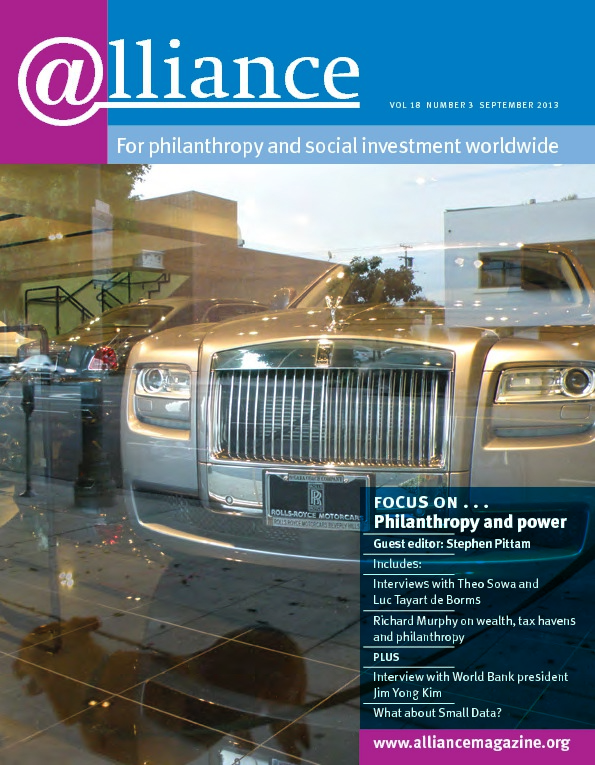‘This is how the verb “to participate” is conjugated – I participate, you participate, they decide.’[1] This comment relates to international development aid but could be echoed by grant recipients of many philanthropic programmes. Who decides on the allocation of resources and how?
Motivated by an acute sensitivity to peacebuilding, the Community Foundation for Northern Ireland (CFNI) grappled with this question when it became a managing agent for the Special EU Support Programme for Peace and Reconciliation (PEACE 1) funds. The answer was participative grantmaking formulated through a series of seminars with community-based groups and those most involved and adversely affected by the conflict. As a result, Grant Advisory Panels were established to recommend grant priorities and awards. Each was chaired by a CFNI trustee and composed of individuals nominated by local groups, with a community identity (Catholic/Nationalist or Protestant/Unionist) and gender balance. Panels represented political ex-prisoners, victims/survivors of violence, and minority ethnic communities, as well as geographically disadvantaged areas. The CFNI board essentially devolved decision-making, while continuing to be legally responsible and to act as a forum of appeal in the rare cases where this was required.
Training and induction were necessary in order to emphasize the fact that the panel members’ job was grantmaking around the PEACE programme objectives of peace and reconciliation rather than acting as representatives of individual or organizational interests. The Equality Commission (NI) and the Committee for the Administration of Justice mediated sessions on equality, equity and fairness in decision-making. It is true that early meetings were more often marked by politeness than collegiality but the latter was to grow over the period of working together and grant decisions were invariably consensual in nature.
Participative grantmaking not only helped the process of conflict transformation, but it also demonstrated respect for the knowledge and insights of people who were more often merely ‘consulted’ – if that – than actually included in decision-making. It was not without its difficulties. There were media reports about decision-making powers being handed over to potential recipient groups and communities rather than being managed by individuals who were viewed as ‘disinterested’ and ‘respectable’. Questions were asked about whether there was sufficient objectivity and/or expertise among panel members; and it is true that CFNI did need to do additional work to promote consideration of alternative approaches to the problems and opportunities being addressed. However, these difficulties were balanced out by the importance of practical inclusion in a society that was more accustomed to stereotyping and excluding people from power.
In less politically fraught circumstances, CFNI adopted a participative, consensual grantmaking approach when implementing the Fair Share programme on behalf of the Big Lottery Fund and UK Community Foundations. This was a programme for geographical areas that had not received their ‘fair share’ of Lottery grants. Determined to break out of the ‘winners’ and ‘losers’ syndrome of grant allocation, CFNI invited community-based groups in the specified area to discuss priority needs and opportunities; and then to decide on which groups were best placed to deliver the necessary programmes and projects. The work often required repeated facilitation by CFNI and considerable time. Eventually, however, the decisions reached provided a sense of ownership and community participation and new local partnerships between groups were forged.
This is the downside to participatory grant-making: increased staff time and facilitation costs. For board members there is that balance between devolved decision-making and their legal responsibilities for the decisions made. Foundation staff can also struggle with the need to present grant assessments to very different grantmaking forums. In addition there is the challenge of ensuring transparency in participative grantmaking as much as in any other approach.
And the gains? It can mean that ‘they decide’ has real force. Sharing power in decision-making can also serve to hold up a mirror to our certainties. All in all, perhaps a healthy challenge.
1 Remark made by an indigenous development worker in Ecuador, quoted in M Anderson, D Brown and I Jean, Time to Listen: Hearing people on the receiving end of international aid, Boston, CDA – Collaborative Learning Projects.
Avila Kilmurray is director of CFNI. Email akilmurray@communityfoundationni.org






Comments (0)